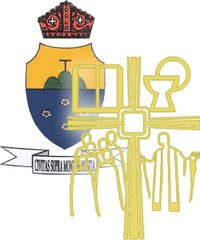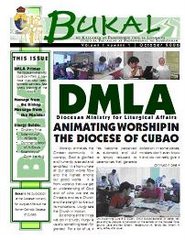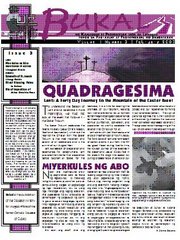The feast of Saint Joseph on the 19th of March, which appears around the year 800 in a French calendar, did not become widespread until the 14th-15th century. There was a feast of St. Joseph in the Roman Breviary of 1482, but the first Mass celebrated in his honor at Rome was in 1505. Certain saints and spiritual writers were especially devoted to St. Joseph: St. Margaret of Cortona, St. Bridget of Sweden, St. Vincent Ferrer, St. Bernardine of Siena and John Gerson of Paris. Finally, the Carmelite Friars recognized his feast and included it in their order’s calendar in 1498. In the East, however, the feast was celebrated as early as the 5th century according to the Coptic calendar but on a different date. In 1621, Pope Gregory XV made the feast a holy day of obligation, but that is no longer observed. The feast may even be moved outside Lent if the National Bishop’s Conference so desires.
The genealogy of St. Joseph is given in the gospels of Matthew and Luke. We also know from Scripture that he is a carpenter; and very likely, Jesus learned the same trade from him. He and his wife, Mary, were poor, as evidenced by the fact that they only offered turtle-doves at Mary’s purification. Scripture calls him a just man. On several crucial occasions, such as Mary’s pregnancy, the flight to Egypt and return to Palestine, he was instructed by an angel.
Pope Pius IX proclaimed him the patron of the Universal Church. He is also invoked in temporal and spiritual needs. The words of the Pharaoh in Genesis 14, 55 in reference to Joseph son of Jacob is often applied to St. Joseph: “Go to Joseph and do as he tells you.” He is also patron of carpenters, travelers and refugees, Christian families and homes, the poor, the aged and the dying.
The life of St. Joseph calls us to listen to God’s Word and to do God’s will. It calls us to be brave enough to face the critical and difficult situations in our lives and trusting in the Lord and being patient in the face of trouble.
Fr. Gerry Yabyabin, OSJ








No comments:
Post a Comment